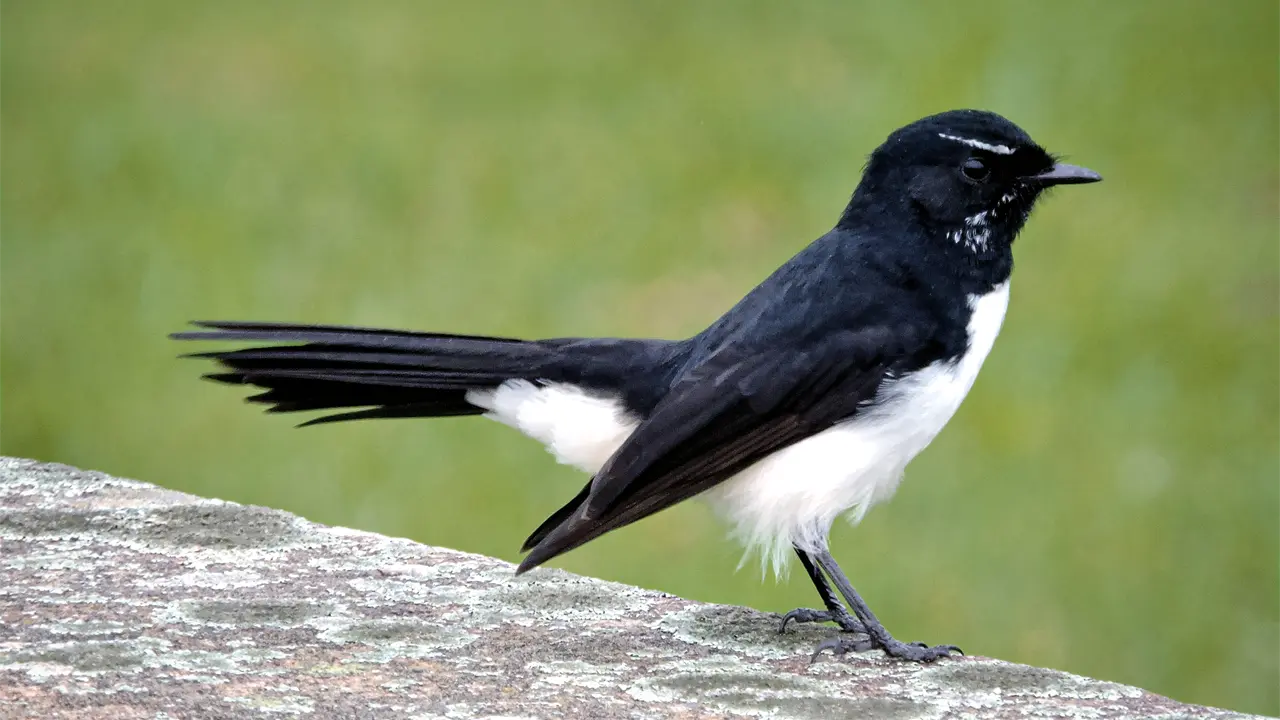Many of Australia's progressive farmers are joining a whole-of-farm certification program, which recognises landholders who continually improve their environmental management.
Story By Paul Myers
They aren't leftist Greenies or outspoken environmental activists. Rather than being driven by blind idealism, they simply want to manage their properties responsibly and sustainably, while maximising productivity, shoring up market access for their products and guaranteeing longevity for future custodians of their land. They are, so far, small in number, but include some of Australia’s best and most progressive farmers. And, although unrecognised by government or farm organisations, their influence is growing.
They’re Australia’s emerging farm eco-warriors, who are quietly but assuredly demonstrating what successful, environmentally sustainable food- and fibre-producing landholdings will look like in the future.
The key is an independent, whole-of-farm environmental certification scheme – unique in Australia – that meets the international environmental management standard and which recognises farmers who show continual improvement. Operated by the not-for-profit Australian Land Management Group (ALMG), its fledgling army of some 150 rural producers across the country is receiving moral and financial support from major rural companies and organisations, and high-profile individuals here and overseas.
Northern New South Wales beef producer Tony Gleeson, a former advisor to Hawke government primary industries minister John Kerin, launched ALMG with like-minded producers in 2003. Seven years later – and with the backing of bodies including Landcare Australia and Australian Wool Innovation, companies with the market power of Elders, The Merino Company and Japanese wool processor and retailer Onward Kashiyama, and individuals such as Queensland Governor Penny Wensley – the group’s certification system (ALMCS) is setting the standard in this new arena.
Tony says that rather than hoping criticism of current farming practices will go away, farmers need to “embrace the environmental opportunity” and strengthen links between land use and the environment. By doing so, he says, participants will be rewarded while building skills and motivation, developing creativity and strengthening interpersonal connections.
This story excerpt is from Issue #70
Outback Magazine: Apr/May 2010









